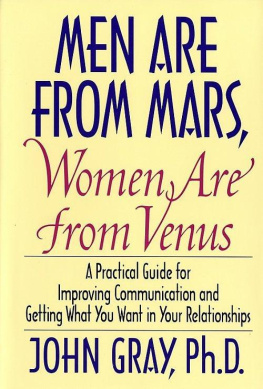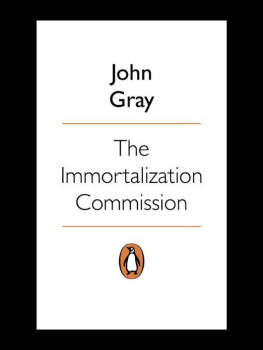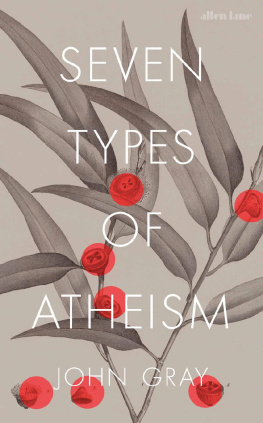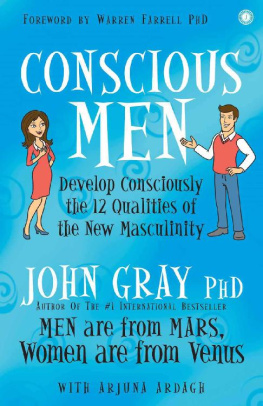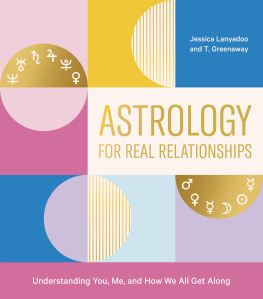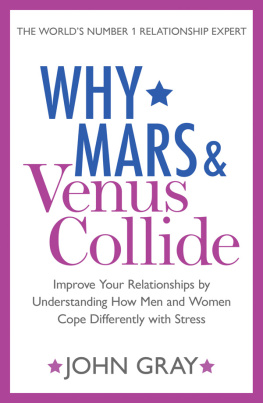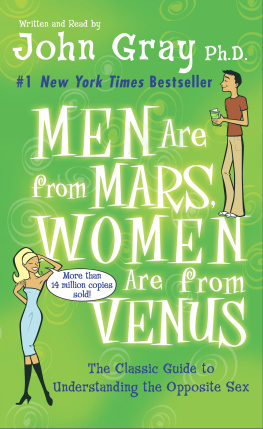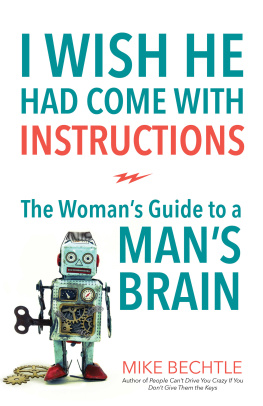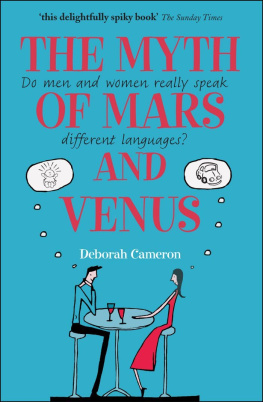MeM ne ara er frf or moMaM ra sr ,s WoW mo em ne ara er frf or moVeV ne un suJoJ ho nh GrG ar yaCoC ntoent nteInI tn rt or do ud cu tc it oi no A week after our daughter Lauren was born, my wife Bonnie and I were completely exhausted. Each night Lauren kept waking us. Bonnie had been torn in the delivery and was taking painkillers. She could barely walk. After five days of staying home to help, I went back to work. She seemed to be getting better.
While I was away she ran out of pain pills. Instead of calling me at the office, she asked one of my brothers, who was visiting, to purchase more. My brother, however, did not return with the pills. Consequently, she spent the whole day in pain, taking care of a newborn. I had no idea that her day had been so awful. When I returned home she was very upset.
I misinterpreted the cause of her distress and thought she was blaming me. She said, "I've been in pain all day.... I ran out of pills. I've been stranded in bed and nobody cares!" I said defensively, "Why didn't you call me?" She said, "I asked your brother, but he forgot! I've' been waiting for him to return all day. What am I supposed to do? I can barely walk. I feel so deserted!" At this point I exploded.
My fuse was also very short that day. I was angry that she hadn't called me. I was furious that she was blaming me when I didn't even know she was in pain. After exchanging a few harsh words, I headed for the door. I was fired, irritable, and had heard enough. We had both reached our limits.
Then something started to happen that would change my life. Bonnie said, "Stop, please don't leave. This is when I need you the most. I'm in pain. I havent slept in days. Please listen to me." I stopped for a moment to listen.
She said, "John Gray, you're a fair_weather friend! As long as I'm sweet, loving Bonnie you are here for me, but as soon as I'm not, you walk right out that door." Then she paused, and her eyes filled up with tears. As her tone shifted she said, "Right now I'm in pain. I have nothing to give, this is when I need you the most. Please, come over here and hold me. You don't have to say anything. I just need to feel your arms around me.
Please don't go." I walked over and silently held her. She wept in my arms. After a few minutes, she thanked me for not leaving. She told me that she just needed to feel me holding her. At that moment I started to realize the real meaning of love, unconditional love. I had always thought of myself as a loving person.
But she was right. I had been a fair_weather friend. As long as she was happy and nice, I loved back. But if she was unhappy or upset, I would feel blamed and then argue or distance myself. That day, for the first time, I didn't leave her. I stayed, and it felt great.
I succeeded in giving to her when she really needed me. This felt like real love. Caring for another person. Trusting in our love. Being there at her hour of need. I marveled at how easy it was for me to support her when I was shown the way.
How had I missed this? She just needed me to go over and hold her. Another woman would have instinctively known what Bonnie needed. But as a man, I didn't know that touching, holding, and listening were so important to her. By recognizing these differences I began to learn a new way of relating to my wife. I would have never believed we could resolve conflict so easily. In my previous relationships, I had become indifferent and unloving at difficult times, simply because I didn't know what else to do.
As a result, my first marriage had been very painful and difficult. This incident with Bonnie revealed to me how I could change this pattern. It inspired my seven years of research to help develop and refine the insights about men and women in this book. By learning in very practical and specific terms about how men and women are different, I suddenly began to realize that my marriage did not need to be such a struggle. With this new awareness of our differences Bonnie and I were able to improve dramatically our communication and enjoy each other more. By continuing to recognize and explore our differences we have discovered new ways to improve all our relationships.
We have learned about relationships in ways that our parents never knew and therefore could not have taught us. As I began sharing these insights with my counseling clients, their relationships were also enriched. Literally thousands of those who attended my weekend seminars saw their relationships dramatically transform overnight. Seven years later individuals and couples still report successful benefits. I receive pictures of happy couples and their children, with letters thanking me for saving their marriage. Although their love saved their marriage, they would have divorced if they hadn't gained a deeper understanding of the opposite sex.
Susan and Jim had been married nine years. Like most couples they started out loving each other, but after years of increasing frustration and disappointment they lost their passion and decided to give up. Before getting a divorce, however, they attended my weekend relationship seminar. Susan said, "We have tried everything to make this relationship work. We are just too different." During the seminar they were amazed to learn that their differences were not only normal but were to be expected. They were comforted that other couples had experienced the same patterns of relating.
In just two days, Susan and Jim gained a totally new understanding of men and women. They fell in love again. Their relationship miraculously changed. No longer heading toward a divorce, they looked forward to sharing the rest of their lives together. Jim said, "This information about our differences has given me back my wife. This is the greatest gift I could ever receive.
We are loving each other again." Six years later, when they invited me to visit their new home and family, they were still loving each other. They were still dunking me for helping them to understand each other and stay married. Although almost everyone would agree that men and women are different, how different is still undefined for most people. Many books in the last ten years have forged ahead, attempting to define these differences. Though important advances have been made, many books are one_sided and unfortunately reinforce mistrust and resentment toward the opposite sex. One sex is generally viewed as being victimized by the other.
A definitive guide was needed for understanding how healthy men and women are different. To improve relations between the sexes it is necessary to create an understanding of our differences that raises self-esteem and personal dignity while inspiring mutual trust, personal responsibility, increased cooperation, and greater love. As a result of questioning more than 25,000 participants in my relationship seminars I have been able to define in positive terms how men and women are different. As you explore these differences you will feel walls of resentment and mistrust melting down. Opening the heart results in greater forgiveness and increased motivation to give and receive love and support. With this new awareness, you will, I hope, go beyond the suggestions in this book and continue to develop ways in which you can relate lovingly to the opposite sex.
All of the principles in this book have been tested and tried. At least 90 percent of the more than 25,000 individuals questioned have enthusiastically recognized themselves in these descriptions. If you find yourself nodding your head while reading this book, saying "Yes, yes this is me you're talking about," then you are definitely not alone. And just as others have benefited from applying the insights in this book, you can as well.
Next page

